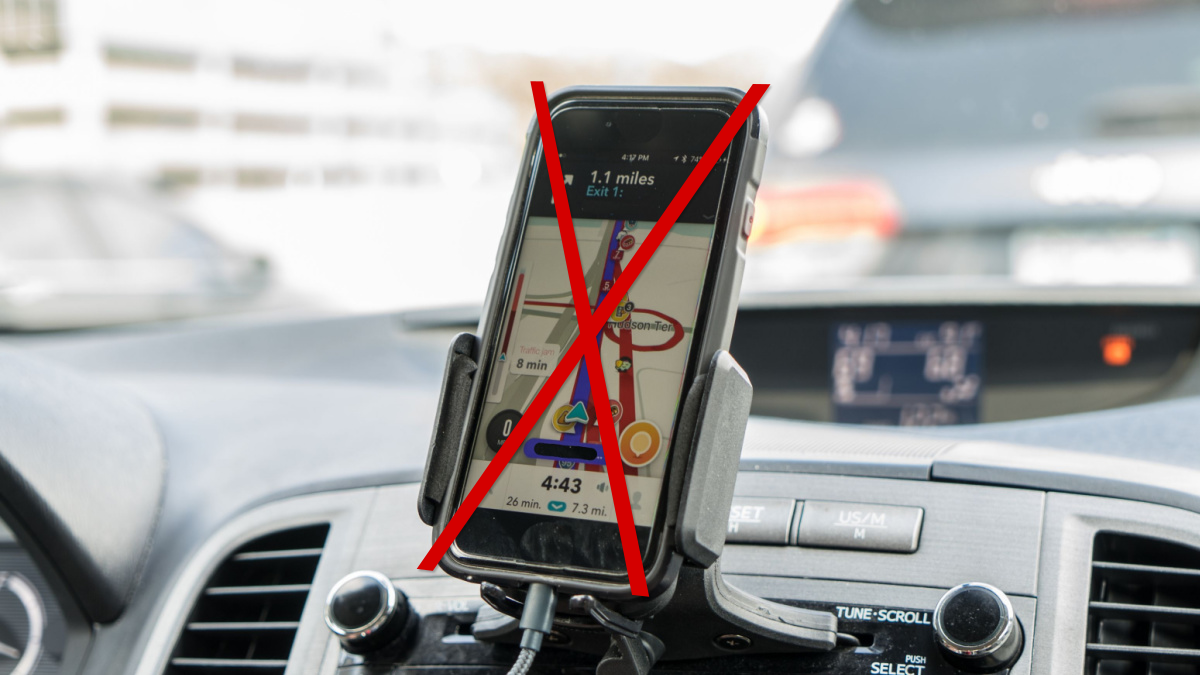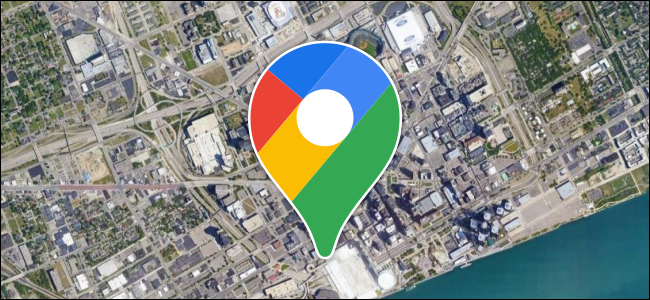Turn-by-turn navigation on phones and dedicated GPS devices has made it much easier to travel. However, the reliance on GPS navigation comes at a cost---you never actually learn how to get anywhere. That's a problem.
The Good and Bad of GPS
My world changed when my HTC Eris received an update to enable turn-by-turn navigation in Google Maps. I have always been comically bad at navigating. Even places I've been to dozens of times can escape my memory. So having a GPS device in my pocket gave me a lot of confidence to travel.
The problem is, while this did make it easier for me to get around, it didn't actually help me get better at navigating. We can essentially "turn off" our internal navigation system when using GPS navigation. You don't have to pay as close attention to roads and landmarks as you pass them. When it's time to make a move, you'll be alerted.
Recently, I've made a concerted effort to rely less on GPS navigation. Sometimes I will literally just start driving and see what happens. Other times I'll look up my destination in Google Maps first to create a mental map in my head. If I get lost, I can pull out my phone to find my way. I've noticed an improvement in my navigation skills, but why is that?
Backed Up By Science
That mental map I mentioned is one of two strategies we use to navigate. It's the "spatial memory method," in which you learn the position of things to form a map of the environment in your head. The second method is the "stimulus-response strategy," which is memorizing a sequence of events. Turn left, drive five miles, turn right at the gas station, etc.
One study was conducted with 50 adults between the ages of 19 and 35. They were all "regular drivers," meaning they drove at least 4 days a week in Montreal, Canada. There was no requirement for prior GPS use. Participants were given a number of tests that asked them to remember objects at the end of paths.
Unsurprisingly, those who used the "stimulus-response strategy" made more mistakes when landmarks were needed to remember the paths. However, in the tests where landmarks were hidden, they fared better than the "spatial memory method" folks.
Three years later, 13 of the participants were retested. Those who relied heavily on GPS since the initial testing had a steeper decline in spatial memory. In other words, they had become worse at using landmarks as references for navigation. They weren't using that part of their brain with GPS navigation.
Free Yourself From GPS
While some people are naturally better at navigating, it's like a lot of things in life---you just need practice. GPS is like training wheels on a bike. They certainly make it easier to ride the bike, but you don't have to practice balancing. When the training wheels come off, you go down.
If you never navigate without the help of GPS, you're building up a reliance on it. The more you use it, the more you need it. That's why it's important to ditch the GPS from time to time and navigate on your own terms. Maybe you get lost more often, but even that is a great learning experience.
Plus, what happens when you're out of range of cell signal, and you can't use GPS navigation? That's not a fun position to be in. Even when using GPS, it's important to still pay attention to your surroundings.
Look, I get it, GPS navigation is incredible, and I don't know if I could live without it. However, I don't want to pull up Google Maps for every little trip for the rest of my life. You should be able to get around your own city without the help of GPS. I'm working on it, and maybe you should too.



